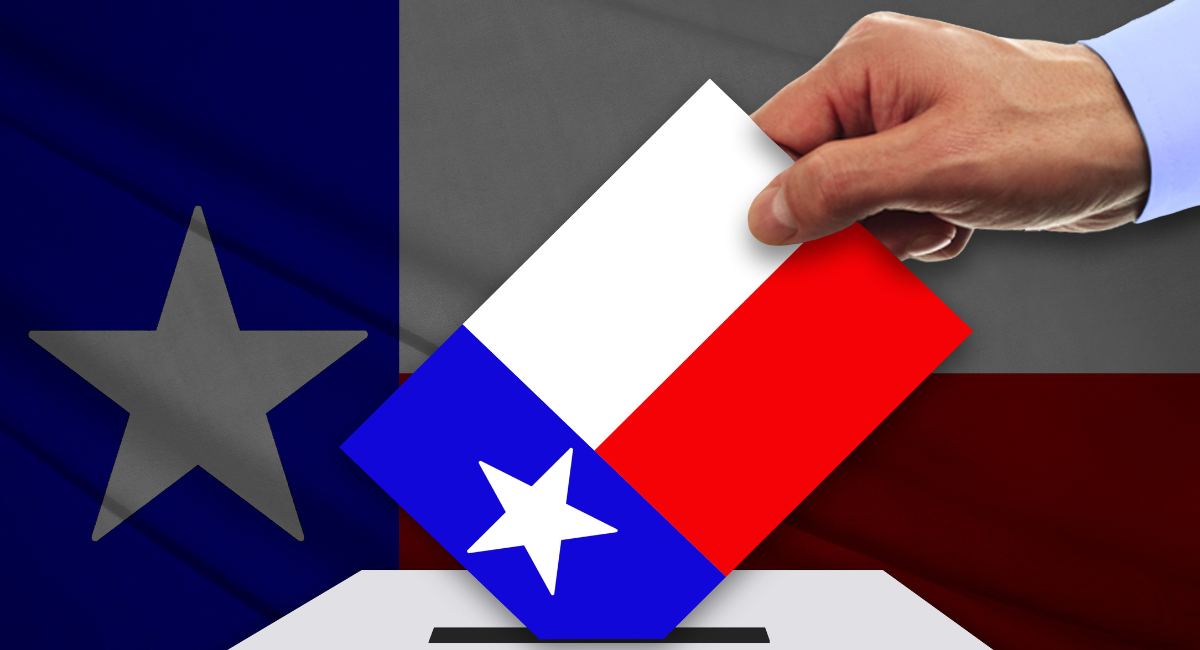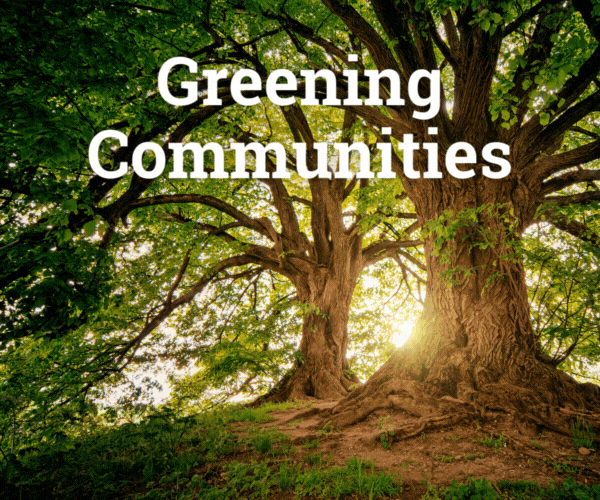A federal judge has struck down a provision of Texas’ restrictive voter suppression legislation, S.B. 1, ruling it unconstitutional. The ruling prohibits Texas from investigating voter assistance efforts as criminal behavior.
Voting rights advocates are hailing the ruling as a victory, even as legal challenges to other provisions of the law continue to be heard.
“The judge’s order issued a permanent injunction, meaning that no investigations or prosecutions under this provision can go forward effective immediately,” explained Leah Tulin, senior counsel in the Brennan Center’s Democracy Program.
In his 78-page decision, US District Judge Xavier Rodriguez called the provision vague and overly broad, saying it violated freedom of speech and the 14th Amendment, which protects the rights of US citizens.
Under S.B. 1, signed into law by Texas Gov. Greg Abbot in 2021, anyone who assists voters with mail-in ballots in exchange for compensation could face both jail time and fines of up to $10,000.
In LUPE v. Texas, lawyers with the Brennan Center argued the provision’s vague language, leaving undefined terms including “vote harvesting” and “compensation,” sowed confusion among organizers uncertain over whether their actions may or may not violate the law.
In a statement, Texas Attorney General Ken Paxton has vowed to block the ruling, saying his office would continue to investigate cases involving election violations.
A ‘chilling effect’ on voter turnout
Among its impacts, S.B. 1 made it harder for voters with limited English proficiency and disabilities to receive assistance, while criminalizing nonpartisan voter turnout efforts. The law also limited poll workers’ authority over partisan poll watchers, banned pro-voter innovations like drive-thru and 24-hour voting, and created new felony penalties for election officials who provided mail ballot applications to voters who hadn’t requested them.
In response, the Brennan Center for Justice, along with MALDEF and other organizations, filed a federal lawsuit challenging S.B. 1 in court. The plaintiffs argued that S.B. 1 violated several federal laws, including the Voting Rights Act (VRA), the Americans with Disabilities Act (ADA), and the First and Fourteenth Amendments.
According to Tulin, LUPE v. Texas is part of a broader set of consolidated cases challenging the restrictive provisions of Texas S.B. 1, which passed in the wake of the 2020 election.
“As many people say, everything is bigger in Texas and the Texas law has a ton of restrictive provisions,” she said.
One of the most damaging aspects of the law was its effect on vulnerable communities, including those who rely heavily on voting support services.
“The bill created criminal penalties that have had a significant chilling effect on voter turnout and voter assistance in communities that are most in need of, and are entitled under federal law to,” she explained, adding such activities are the kinds of voter assistance that SB1 “really took aim at.”
Vote harvesting v. canvassing
One major issue with S.B. 1 is its overly broad definition of “vote harvesting.” Traditionally, the term refers to illegal ballot collection, often involving fraud. However, S.B. 1 expanded the definition to include a wide range of activities, such as canvassing, advocating for a candidate or cause while in the presence of a mail-in ballot, and receiving any form of compensation.
For example, door-to-door canvassing to encourage voter participation could potentially have been criminalized under S.B. 1’s provisions. Even reimbursing volunteers for gas might have been considered “compensation,” creating fear among nonprofit groups about how to safely engage in voter outreach.
Opponents of the law contend that uncertainty deeply impacted marginalized communities that rely on nonprofit and faith-based groups with things like voter assistance and mail-in ballots. Numerous organizations, particularly in South Texas, chose to halt voter outreach activities altogether following S.B. 1’s passage.
“Lots of organizations just said, ‘We don’t know how to keep our employees and volunteers safe from prosecution, so we’re just not going to do this at all,’” Tulin explained.
A ‘win’ for minority voters
The court’s ruling is a significant win for minority communities in Texas, particularly with the 2024 elections approaching, noted Tulin. It also provides a sense of relief for community groups looking to reengage in voter turnout efforts.
But Tulin says the Attorney General’s motion to halt the ruling could delay its enforcement until after the election. “The question is going to be what happens in this emergency appellate process,” she noted.
While Saturday’s ruling is a significant step forward, it only addresses one part of S.B. 1. Other aspects of the law remain under legal challenge. These include:
- ID matching provisions for mail ballots, requiring voters to provide ID information that matches what is in the voter registration system.
- Restrictions on poll workers’ authority to manage disruptive poll watchers.
- Criminal penalties for voter assistance, such as requiring assistors to take an oath under penalty of perjury.
- Prohibitions on drive-thru and 24-hour voting, implemented in response to Harris County’s efforts to expand voting access.
Looking forward
As voters prepare for the 2024 elections, Tulin stressed the importance of staying informed and engaged. For those feeling uncertain or discouraged by restrictive voting laws, she reminded them that many resources are available. Local organizations are working hard to provide accurate information and support, ensuring that voters have everything they need to fully participate.
But above all, she reminded voters of their critical role: “Democracy is not a passive enterprise. Democracy requires that people step up and have their voices heard. That’s the promise of it, and it’s also the responsibility of folks.”





